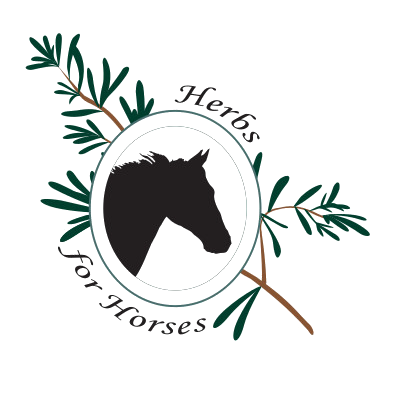Purpose
To determine the effects of dietary ProbioPLUS™ on the microbiome of racehorses challenged with 10 days of oral antibiotics.
Background
Gastrointestinal (GIT) disease is the number one killer of horses outside of old age, and many GIT disorders have their roots in a disrupted microbiome. ProbioPLUS is a mixture of digestive enzymes, prebiotics, and probiotics and is formulated to support a healthy GIT microbiome for horses. Previous research has demonstrated that oral antibiotics have the potential to disturb GIT microbiome, increasing the incidence of colitis and diarrhea. Many users of ProbioPLUS report a reduction of adverse effects of oral antibiotics when their horses receive concurrent ProbioPLUS. This study was undertaken to objectively evaluate the effect of dietary ProbioPLUS on the GIT microbiome, both in the presence and absence of oral antibiotics.
Methods
Sixteen actively racing Standardbred horses were randomly allocated to one of four groups: antibiotics (10 days; AB), ProbioPLUS (28 days; PBP), PBP + AB, or an untreated control. The trial was replicated four times, each time with horses moving to a different treatment group, for a final ‘n’ of 16 horses per treatment group. Manure samples were analyzed for microbiome (16S sequencing), pH, and manure quality score.
Results
The PBP + AB group had a significantly different population of bacteria in their manure compared with all other groups. Most of the differences were found in bacterial populations that function to degrade fiber, including Fibrobacter and Ruminococcaceae. The Fibrobacter population was significantly higher in AB and PBP + AB horses than Control. For Ruminococcaceae, Control was significantly higher than AB and PBP during antibiotic treatment, and PBP + AB horses were significantly higher than PBP horses after antibiotic treatment.
Conclusions
These data provide support for the ability of PROBIOPlus™ to maintain healthy gastrointestinal microbiome during antibiotic treatment.
